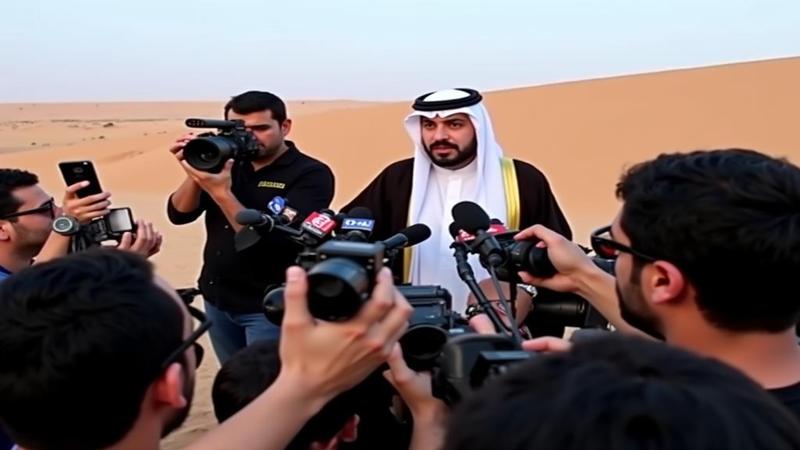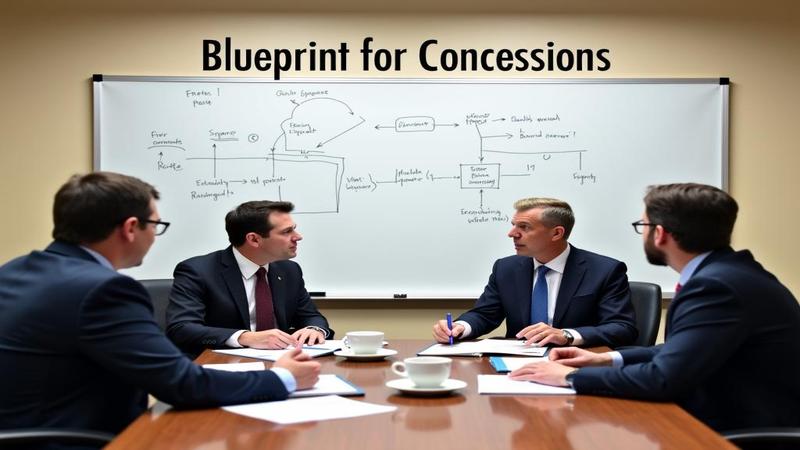Under pressure, Hamas signals willingness to compromise, unveils peace PR.

In a move that reads like a late-night PR memo, Hamas publicly signaled a willingness to compromise under mounting Arab pressure. The announcement arrived with the polish of a corporate press release, minus the quarterly earnings report and the cheerful denial that anything was really happening.
Regional diplomats reportedly framed the moment as proof that diplomacy still exists, just with a longer reading list and more footnotes. Observers noted that ‘compromise’ here means something different than surrender, which is a relief for anyone scrolling past headlines.
Analysts described the shift as a ‘soft pivot’ designed to placate neighbors while preserving the group’s core capacities. It remains to be seen whether the strategy includes actual concessions or simply a new slogan they can repeat at a podium.
Hamas officials presented the posture as a path to stability, an idea so market-tested it could pass for a product launch. The plan includes terms like humanitarian pauses and mutual respect, which sounds suspiciously like a ‘we’ll act nice if you act nicer’ clause.
Palestinian factions outside the movement greeted the move with skepticism, joking that the announcement had the fragrance of a rebranding exercise. Still, some said even a staged shift could free up relief shipments and quiet the neighborhood for a few days.
Egyptian mediators reportedly drafted a ‘you-go-first’ clause, while international partners prepared coffee and a longer agenda than most ceasefires require. The mood in the room shifted from loud rhetoric to careful nodding, like a boardroom merger meeting in a heatwave.
In Gaza, residents wrestled with the paradox of hoping for calm while knowing the region’s cycle of promises outlasts the weather. The general sense: maybe this time it’s different, or maybe it’s Tuesday.
The plan, according to insiders, is designed to be as reassuring as a ‘folding camping stove’ on a long hike—compact, reliable, and capable of warming only moderately heated negotiations.
Negotiators also discussed a more open line of communication, promising a single channel of contact illuminated by a ‘solar-powered lantern’ to keep talks visible after sunset.
Some opponents call the move a ‘soft serve’ version of diplomacy—creamy at first, hollow in the core, and shaped for convenience.
International powers offered cautious praise, noting that progress is measured in smiles and the number of humanitarian corridors opened for inspection.

Security experts warned that a fragile pause can be brittle, like a diplomat’s promise printed on fragile napkins.
Press conferences featured fewer aggressive slogans and more questions about how many concessions would be enough to avert the next escalation.
A cultural note: the region’s news cycle is rarely faster than a coffee break, yet somehow longer than a sermon.
Analysts said the move could stall if key red lines reemerge, although some are optimistic they can be boxed into a spreadsheet.
The ‘pause’ is expected to buy time for relief agencies, but also to test whether rhetoric can outpace reality.
Journalists reported tension between the desire to describe a breakthrough and the instinct to remain skeptical until something actually happens.
Social media memes piled condemnation and sarcasm onto hashtags, treating the event as a rerun with a different soundtrack.
Officials warned that any gains would hinge on the other side’s willingness to meet, govern, and perhaps share a few maps.
Ultimately, the region’s appetite for spectacle could outpace any substance, turning this week into another chapter of ‘peace talks, but make it dramatic’.
A few observers predicted a sequel: negotiations continuing in a loop, with louder microphones and smaller, more portable issues.
Until a lasting agreement arrives—or a new crisis erupts—diplomacy will be treated like a quarterly report, heavily redacted and released with fanfare.
